In an exclusive interview with the local newspaper Iwacu, Agathon Rwasa, a prominent Burundian opposition politician, revealed that he narrowly escaped an assassination attempt, raising alarms over escalating political tensions in the country.
“My security has never been good, but I refuse to give in to panic,” Rwasa said, describing the chilling incident. On January 16, while running errands in downtown Bujumbura, his chauffeur noticed a suspicious vehicle following them. The car, a tinted, unmarked vehicle, aroused suspicion when it appeared to track their every move.
“Initially, I thought it might be a driving school car,” Rwasa explained, “but its behavior didn’t match. My driver suggested we move, and it wasn’t long before we realized we were being followed. A subsequent phone call from a trusted friend confirmed our suspicions—a sniper rifle was reportedly inside that vehicle.”
Rwasa suggested the threat was not a random act but a deliberate, calculated operation. “These are not actions of bandits. The way they change vehicles and license plates speaks to a coordinated effort,” he stated.
The assassination attempt comes as Burundi faces mounting political uncertainty ahead of the 2025 elections. Rwasa voiced concerns about the state of governance, widespread human rights abuses, and the manipulation of political processes, warning that the nation is navigating a “multidimensional crisis.”
“We are heading toward elections, but at what cost?” Rwasa questioned. “The problems plaguing Burundi—forced disappearances, assassinations, and economic mismanagement—require urgent and genuine leadership. This nation needs change, not cosmetic solutions.”
At the end of December 2024, Rwasa announced his candidacy for the upcoming elections under the Burundi Bwa Bose coalition. However, the Independent National Electoral Commission (CENI) rejected his candidacy, citing violations of Articles 112 of the Electoral Code and Article 7 of the Political Parties Law.
CENI argued that the coalition’s candidate lists included lawmakers, such as Rwasa, who are currently members of the CNL party, which is not part of the coalition. In response, the coalition filed a complaint with the Constitutional Court, contending that CENI had misinterpreted the law.
The court upheld CENI’s decision, stating that members of the CNL party could not appear on the Burundi Bwa Bose coalition’s candidate lists, effectively disqualifying Rwasa.
Expressing his frustration, Rwasa criticized the coalition’s handling of the matter, citing a lack of coordination and transparency. “I had faith in the coalition as an alternative to power, but when critical decisions were needed, I saw a lack of proper consultation,” he remarked.
Despite these challenges, Rwasa urged Burundians to remain resilient and hopeful for the future. “Burundi has existed for centuries and will survive both those in power and those suffering today. No one has the right to give up,” he stated passionately.
Looking ahead to the 2025 elections, Rwasa emphasized the need for ethical governance and a genuine democratic process. He called on Burundians to reject intimidation and manipulation, advocating for unity in addressing the nation’s challenges.
“The fate of Burundi lies in the hands of its people,” he stressed. “The international community can assist, but real change must come from within. A transition or meaningful dialogue among Burundians could pave the way for free and fair elections.”

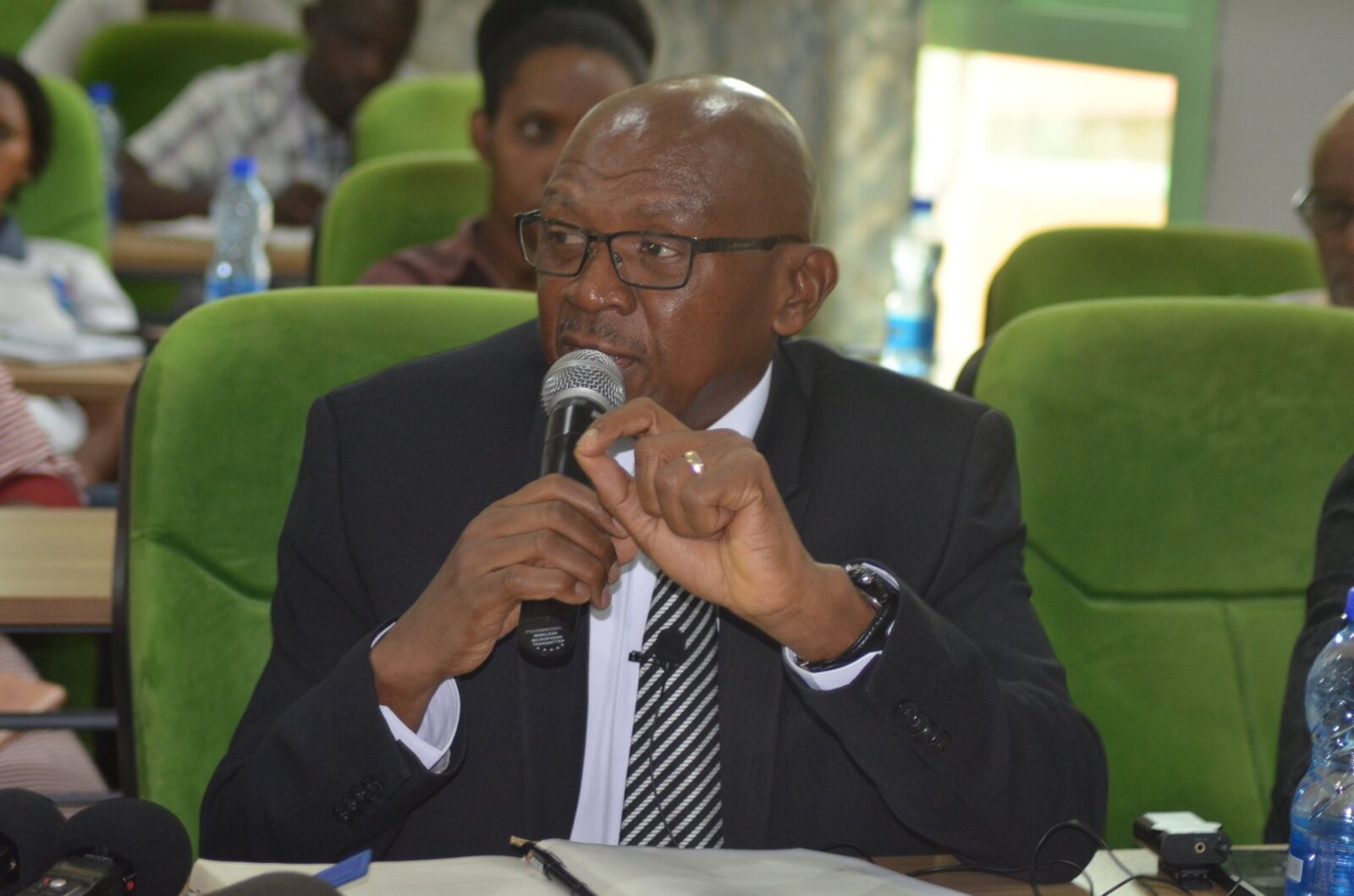
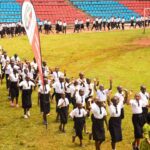
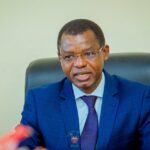
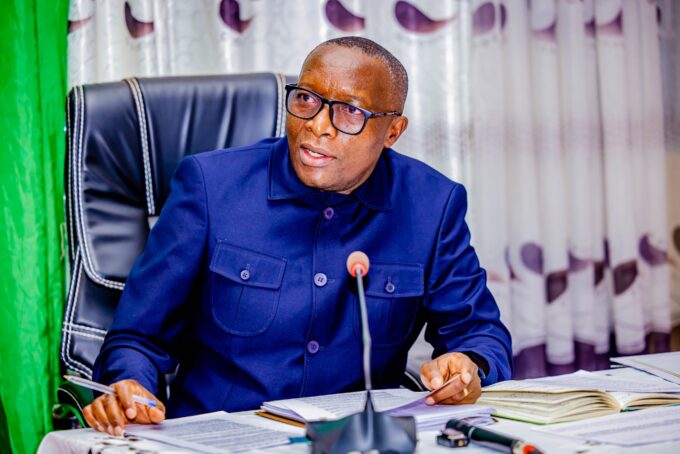
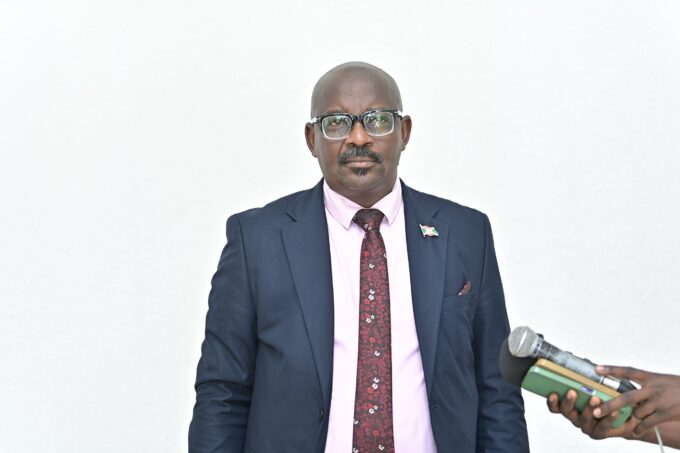
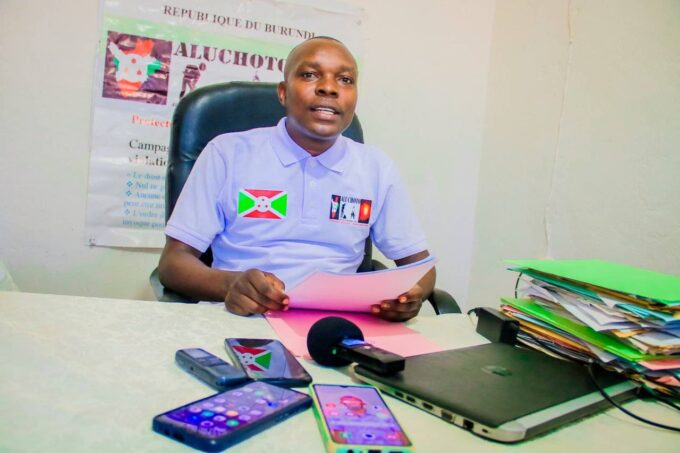
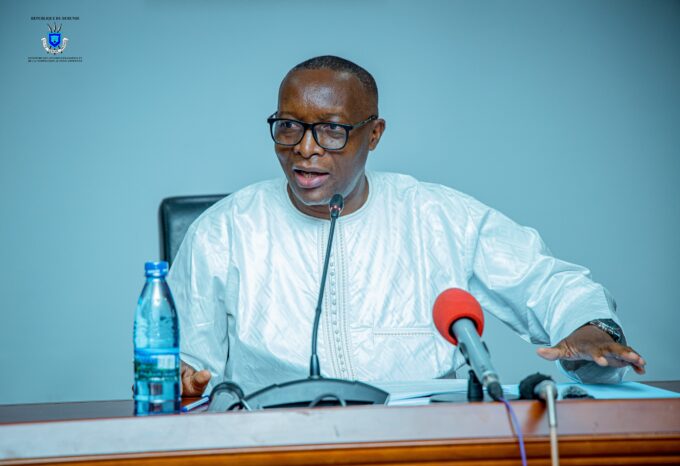
God is protecting him